Linköping, Sweden
Linköping Carbon Neutral 2025
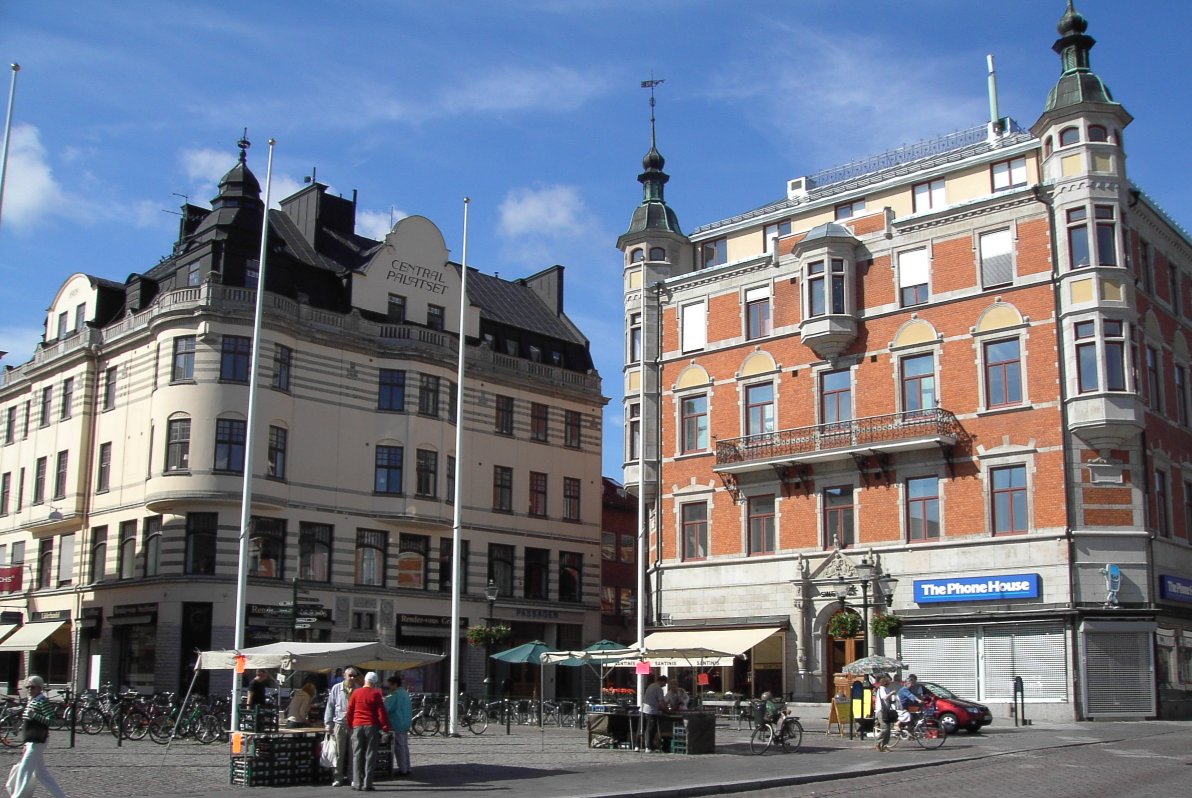
Comments from the Technical Committee
Linköping has a bold goal: to become an absolutely carbon neutral city by 2025. The city council’s road to that goal was launched through broad-based collaboration and partnership with residents, employers, universities, other cities and national and international networks. And the municipality has sought to lead by example: it uses renewable fuels (over half its vehicles use biogas); it specifies climate criteria in its procurement processes; it regularly communicates climate and environmental issues to its employees and residents; and it works closely with Linköping University to develop methods and technologies to reduce CO2 emissions and establish a Biogas Research Centre. Two new combined heat and power plants have been built, with 95 percent of homes already connected. Buses are fueled by biogas produced from livestock manure and food waste. The results are already emerging: CO2 emissions are down by 25 percent since 1990, and energy consumption in schools and hospitals has been reduced by five percent. Both indices are on a trend for further reductions.
Background Information
Linköping Municipality has a long tradition of pro-active climate and environmental work. In 1993 a cross-party group was established to develop a local Agenda 21 plan, resulting in 1998 in the “Plan of Action for a Sustainable Linköping in the Long Term”. Subsequent in-depth strategies for the three dimensions of sustainable development – environmental, economic and social – are based on this Agenda 21 plan. In 2011 the Municipal Council adopted its long-term climate goal to make Linköping a carbon-neutral community by 2025.
Goals of the Initiative
Creating a carbon-neutral municipality is a never-ending process that combines development with business intelligence monitoring and the courage to test revolutionary new solutions. Linköping Municipality and its companies have a leading role in formulating policies, goals and guidelines and in setting a good example by using renewable fuels in vehicles, specifying energy and climate criteria when procuring goods and services, developing green IT solutions and communicating climate and environmental issues to employees.
Most municipal companies are ISO 14001 certified. More than half of municipal vehicles use biogas; this - together with other renewable fuels, municipal water, sewerage and district heating/cooling systems, optic fibre networks and electricity production - creates optimum conditions for low climate impact.
Outcomes and Assessments
Our long-term climate and environmental initiatives have had many positive effects.
•Annual per capita waste has fallen from 305 to 208 kilos since 1992
•Waste fractions sorted at source and collected from households as paper, plastic, metal, batteries, light bulbs and electronic equipment have increased
•Nitrogen and phosphorus emissions from treated wastewater have decreased by 60 percent and 35 percent respectively since 2001
•Nitrogen dioxide concentrations in urban environments have fallen from 29 to 8 µg/m3 air since the late 1980s
•The number of kilometres driven per vehicle/year has decreased from 13,000 to 12,000 km over the past 10 years
•50 percent increase in new “green car” registrations
•56 percent of all the electricity used is produced locally from renewable sources and in a climate efficient way
•25 percent reduction in CO2 emissions between 1990 and 2010.
Strengths of the Initiative and Innovation
In 1997 one of the world’s largest facilities for producing biogas for vehicle fuels opened in Linköping. Most of the gas - produced mainly from livestock manure, industrial food waste and slaughterhouse waste - fuels the city’s 70 public transport buses. Garbage trucks and approximately 1,000 other vehicles also run on the gas.
Biogas, a renewable fuel, currently supplies 6 percent of Linköping’s vehicle fuel needs. The infrastructure is well developed with gas pipelines and five public gas filling stations. This large-scale investment has attracted two biogas companies active in the Swedish and international markets to Linköping, now a regional hub for the development of biogas. The utility company Tekniska Verken owns production plants and filling stations in several municipalities.
In 2012 the Municipal Council introduced sorting at source for domestic food waste. Placed in a special bag that is separated from other fractions by an optical sorting process, food waste is a substrate for biogas production and agricultural biofertiliser. Most households (80 percent) report that they sort food waste at source.
Vallastaden: The Environmental and Quality Programme for Vallastaden was approved in 2013. Vallastaden’s first 450 apartments, reflecting ambitions for resource efficiency and social sustainability, are scheduled for completion by 2017. This unique area is conceived as an eco-village; everything is within easy reach and social interaction is stimulated by making it simple to move around on foot or by cycle. Central road space is reserved for a car pool. Infrastructure for charging electric vehicles will be in place throughout. In a unique solution to the challenge of minimising the space needed for utility infrastructure, all electric cables, fibre optics, district heating, water, sewerage and vacuum waste collection systems are bundled in a single, prefabricated culvert (2.5 metre diameter). Cables and conduits are prefabricated so the infrastructure is 100 percent recyclable. Space-saving culverts mean plot ratio can be increased. Also, subsequent servicing of utility infrastructure will not require excavation work that disturbs the environment or consumes resources unnecessarily.
Vallastaden lays the foundations for building tomorrow’s society. Throughout the entire planning process citizens’ dialogues have been held with residents, builders and researchers.
Another innovative initiative is Östra Valla, a former industrial area earmarked for sustainable redevelopment. There will be residential premises here, but primarily Östra Valla will be a business incubator for small and medium-sized enterprises and serve as a platform for entrepreneurship and innovation, and a testing ground and demonstration area for sustainable solutions in environmental technology.
-
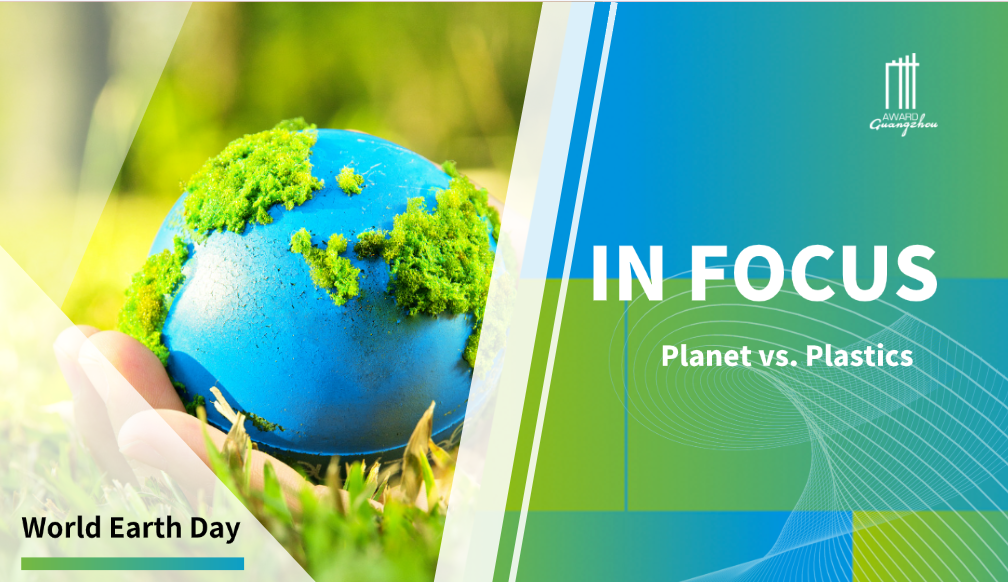 In Focus | The World Earth Day: Planet vs. Plastics
In Focus | The World Earth Day: Planet vs. Plastics -
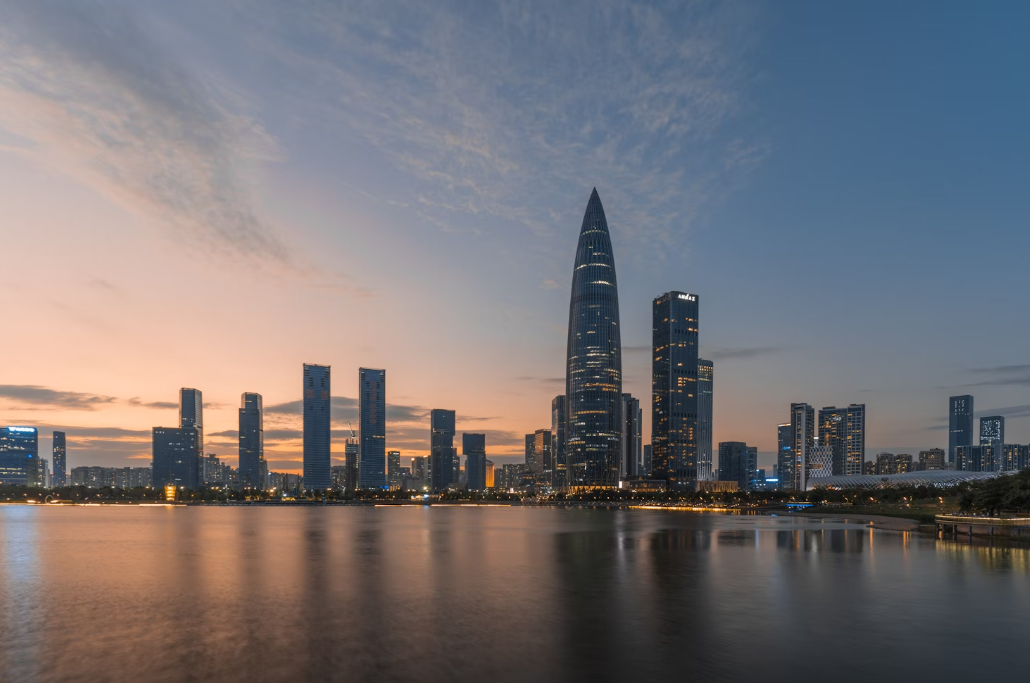 Urban Innovation in China | Shenzhen: How to Maintain Momentum to Achieve Carbon Peak by 2030 While Leading Green and Low-Carbon Development?
Urban Innovation in China | Shenzhen: How to Maintain Momentum to Achieve Carbon Peak by 2030 While Leading Green and Low-Carbon Development? -
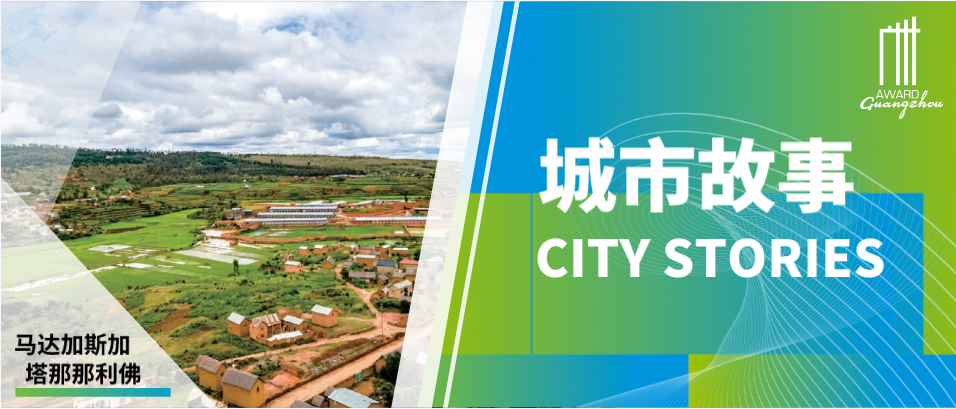 City Stories | Antananarivo, Madagascar: Building Resilience in the City Food System
City Stories | Antananarivo, Madagascar: Building Resilience in the City Food System -
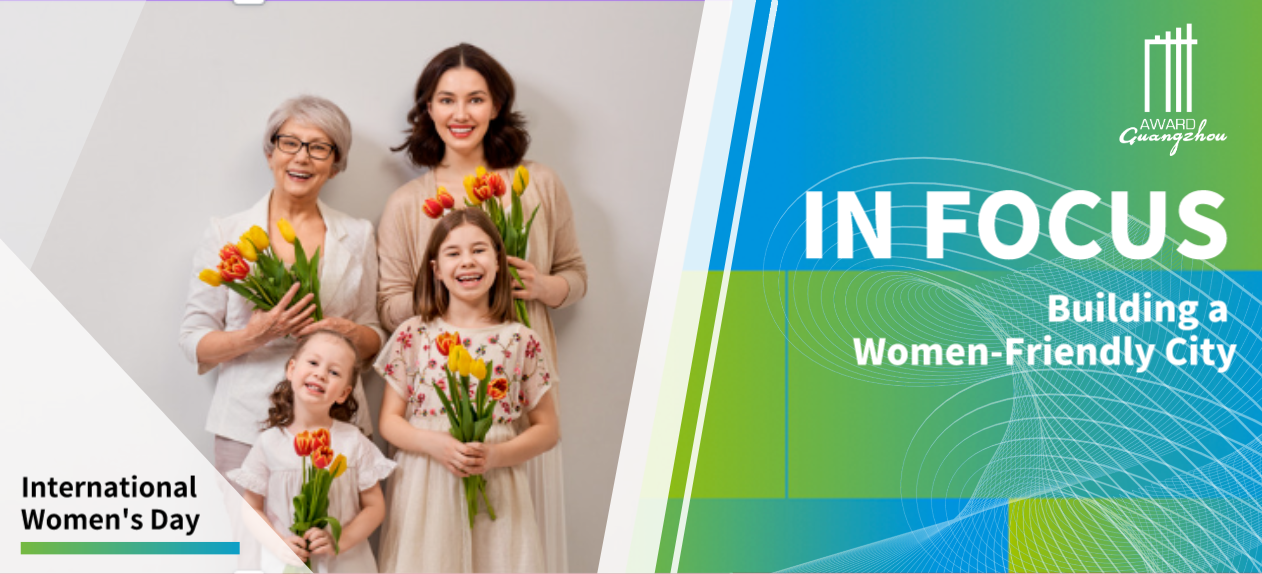 In Focus | International Women’s Day: Building a Women-Friendly City
In Focus | International Women’s Day: Building a Women-Friendly City























 Tel: +86 20 3780 4434
Tel: +86 20 3780 4434 Email: info@guangzhouaward.org
Email: info@guangzhouaward.org Address: Rm 1609, FuLiXinTianDi, No.307 Guangzhou Dadao Zhong, Yuexiu District, Guangzhou, Guangdong, 501600, PRC
Address: Rm 1609, FuLiXinTianDi, No.307 Guangzhou Dadao Zhong, Yuexiu District, Guangzhou, Guangdong, 501600, PRC




